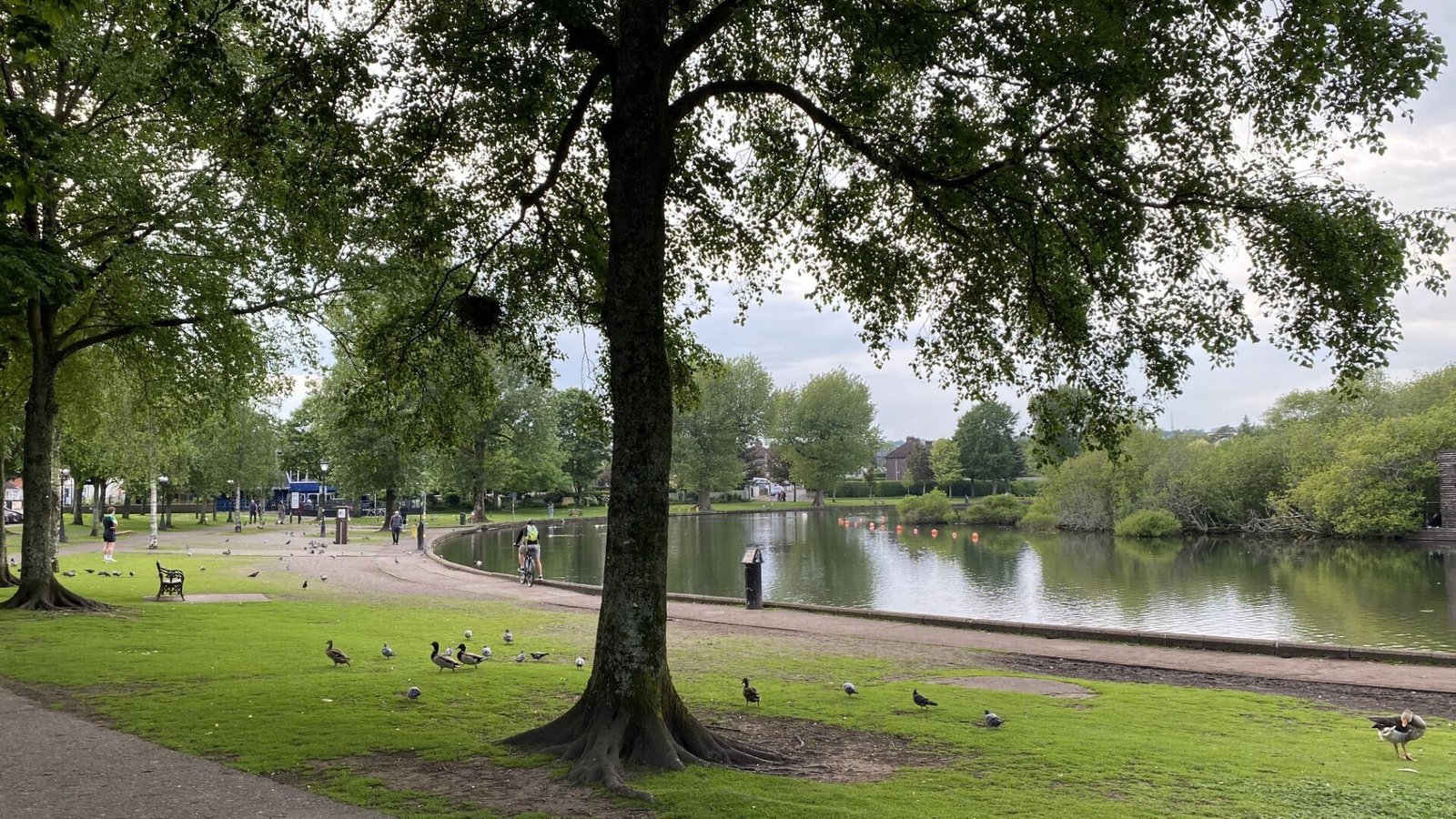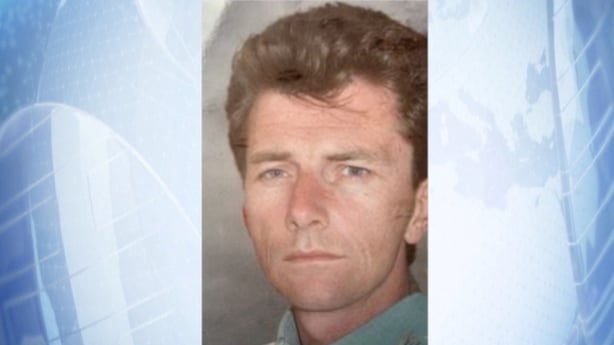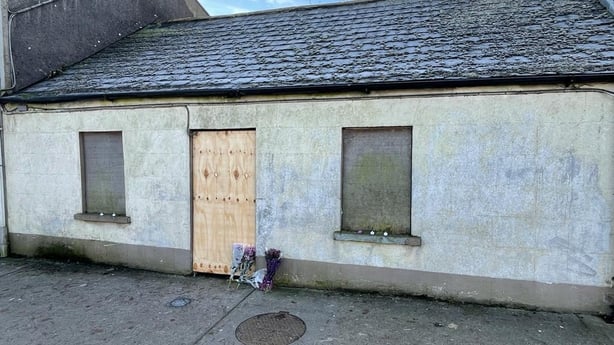Cases of undiscovered bodies tend to be sad and complex

There was understandable sadness at the news earlier this week of the discovery of the body of Joyce O’Mahony at her home on the south side of Cork city.
It appears her body was there, undiscovered, for more than a year and possibly for up to two years.
Ms O’Mahony’s semi-detached home is on a relatively quiet street at Brookfield Lawn in a settled residential area but the nearby Togher Road is a busy commuter route and less than 200m from her house, The Lough is popular for recreation.
People wonder how somebody can pass away without being noticed, in a residential area, with all the technology we have connecting us to each other.
The fact is, it happens and if somebody takes steps to protect their privacy, to withdraw from family, friends and neighbours, it is difficult to do anything about it.
After the discovery of Joyce O’Mahony’s body and once they satisfied themselves that there were no circumstances of foul play, gardaí identified and spoke to members of her family.
They also spoke to neighbours and conducted house-to-house enquiries in the area.
Neighbours also spoke to the media who called to the area following the discovery of the body.
The picture of Joyce O’Mahony that emerged is of a person who actively created that shield of privacy around herself and then worked to maintain it.
Yes, people were concerned and cared, but when they made approaches, they found, for whatever reason, that Ms O’Mahony was not receptive.
She kept contact with others to a minimum, going out at night to do groceries, for instance.
Ms O’Mahony grew up in that house at Brookfield Lawn. The family is well-known in the area.
She was pre-deceased by her father, Dr Timothy O’Mahony, a GP.
He died in 2010, around that time, Ms O’Mahony had been living in the UK and returned home to care for her mother, Patricia, who died at the age of 91 in January 2021.
Clearly, sometime after that, Joyce O’Mahony withdrew.
The garden of her house at Brookfield Lawn became overgrown. The blinds were drawn. The Ford Fiesta in the driveway did not move.
Is it not understandable that people would think she had moved out and gone back to England, where she had been prior to taking care of her mother?

Joyce O’Mahony’s case is not unique.
Only last week, a service took place at the crematorium in Ringaskiddy, Co Cork, to remember 61-year-old screenwriter Mark Waters.
He was found dead in the hallway of his flat at the Courtyard in Castletownbere earlier this month.
It is thought he may have died up to six months before the discovery of his body.
His sister Elizabeth spoke of “the hermit he chose to be” at the service for Mark Waters at the Island Crematorium in Ringaskiddy.
“His three sisters [were] only allowed care for him from afar,” she said.
Nevertheless, notwithstanding the choices Mr Waters made to withdraw, he was clearly very much loved by his three sisters and by his family.
He was described as a magical father and a treasured brother.
Born in Oxford in England, he had lived in Dublin and elsewhere in west Cork before he moved to Castletownbere.
When people there had not seen him for a while, they assumed he had moved again.
One of the cases which attracted the most media and public attention in recent years was the discovery of the body of Tim O’Sullivan at his home in Mallow, Co Cork, in January of last year.

He lived in a terraced cottage at Beecher Street in the town.
It is thought he may have died more than two decades before his body was found in the bedroom of his house on 13 January 2023.
Mr O’Sullivan was the eldest of a family of five. His parents were from Cahersiveen, Co Kerry but he and his siblings were raised in the UK.
Soon after he married, he moved to Mallow, but his wife did not stay and moved back to England.
Tim O’Sullivan stayed in contact with his family by letter but he stopped writing a year or two after his mother died in 1990.
He was described by neighbours as a very private and reclusive man.
The final entries in a diary which he kept were from the early days of January 2001. In one of them, he said he had gone to Tesco “for the first time”.
He had been in receipt of job seekers allowance but this was stopped on 23 January 2001 after he failed to collect his payments for three weeks in a row.
In a statement issued after the discovery of his body, Tim O’Sullivan’s family described his efforts to come to terms with his separation and said he wished for privacy and time to be alone.
Family members, most of whom lived abroad, visited Mallow a number of times to try to track him down after contact with him ceased.
The family were told he had probably gone back to England.
The windows of the house were boarded up by Cork County Council staff in 2015, as Tim O’Sullivan lay dead inside.
The family told the inquest into his death in October of last year that they had assumed welfare checks would have been done to establish if there was anyone in the house but they knew now that these were not done.
They also spoke of their own regrets.
“As a family, we acknowledge that we should have done more to locate our brother,” they said in a statement read at the inquest.
“We bear the weight of our own regrets for not being able to find him earlier, and this is something we will carry with us always.”
Cases such as that of Tim O’Sullivan, Mark Waters and Joyce O’Mahony are profoundly sad and, almost always complex.
It is easy to hold them up as proof of a more disconnected, perhaps even uncaring community and society.
However, in these cases, and many other cases like them, there is clear evidence that people do care deeply.




